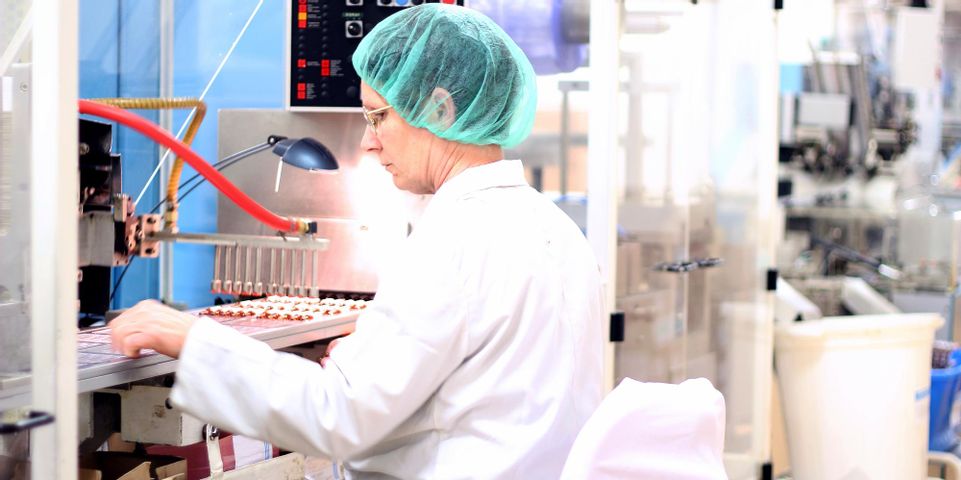What Is IQ, OQ, & PQ Testing in Medical Device Manufacturing?

Production quality and craftsmanship are touted as virtues in many industries, but they’re especially relevant in the medical device manufacturing field. These products must be repeatedly tested for quality standards, as they can directly influence human health. Three of the most common tests are referred to as IQ, OQ, and PQ. To learn more about these validation processes and why they’re important, look to the guide below.
IQ
Installation qualification, or IQ, is the process of ensuring a product can be successfully implemented in a real-world setting. This involves cross-checking the manufacturer specifications with the installation site.
In a medical setting, such as a surgery room, IQ professionals might consider the dimensions of the operating space, the location of power outlets, and the voltage provided by those outlets. They might also take into account the temperature of the room, the location of other tools, and any other factors that might affect the device’s installation.
OQ
 If the IQ process is successful, they can move onto the operational qualification, or OQ. This process analyzes the product’s design specifications, ensuring the features produced will work properly when the product is being used.
If the IQ process is successful, they can move onto the operational qualification, or OQ. This process analyzes the product’s design specifications, ensuring the features produced will work properly when the product is being used.
For example, if a rotary tool was designed to spin at 100 RPM, the testers will turn on the product and ensure it meets that speed. They can then verify the product’s quality and ensure no design flaws will lead to accidents in the intended medical setting.
PQ
Finally, they’ll move onto the performance qualification process, or PQ. This puts the medical device to work in a simulated scenario nearly identical to the one where it will be used when it leaves the manufacturing plant. For example, while the rotary tools may spin at 100 RPM when plugged into the outlet, will it retain this speed when used to remove a cast?
In addition to testing the overall capability of a medical device, the testers may examine its limits—the duration or extent to which it can safely be used. For example, if the tool starts to overheat after 30 minutes of use, a warning should be passed onto the medical professional who will use it.
If you’re looking for a medical device manufacturing company that can perform IQ, OQ, or PQ validation processes, get in touch with Pacific Integrated Manufacturing of Bonita, CA. This health care manufacturing plant provides a remarkably sterile, efficient, and organized setting of 50,000 square feet for producing medical devices. They implement rigorous testing and inspections for their products while keeping costs affordable for customers. To learn more about their capabilities, visit the website. Call (619) 921-3464 to request a free quote.
About the Business
Have a question? Ask the experts!
Send your question

